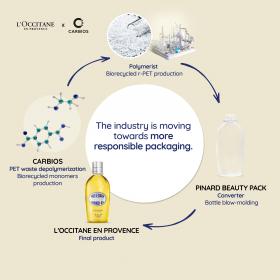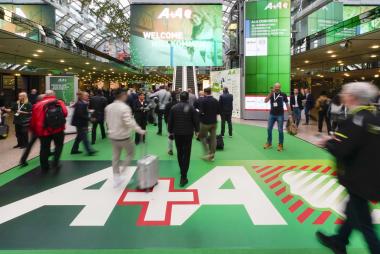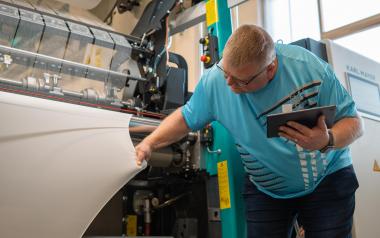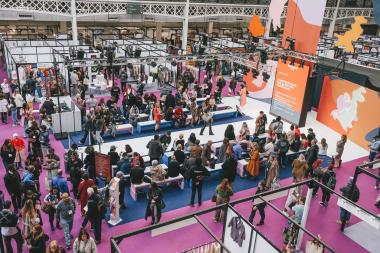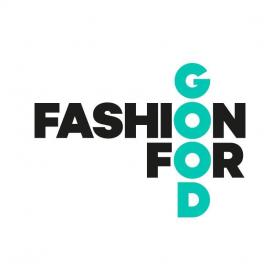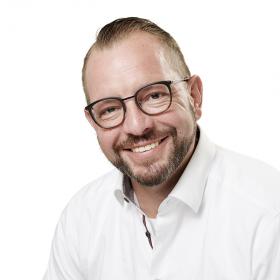LYCRA joins Panel at UN Fashion and Lifestyle Network Annual Meeting
The LYCRA Company, a global leader in developing innovative and sustainable fiber and technology solutions for the apparel and personal care industries, is a 2024 thought leadership partner of the United Nations Fashion and Lifestyle Network and will be participating in the third annual meeting on June 3 at the United Nations (UN) Headquarters in New York City.
Jean Hegedus, The LYCRA Company’s sustainability director, will be joining the panel discussion on “Elevating Fashion: Sustainable Practices and Strategic Insights in the Apparel Industry.” She will highlight The LYCRA Company’s collaboration with Qore® to use its QIRA® product to potentially help reduce the carbon footprint of LYCRA® fiber by up to 44 percent.*
Available in early 2025, patented bio-derived LYCRA® fiber made with QIRA® will consist of 70 percent renewable content derived from dent corn. This renewable spandex will be the first available on a large scale and it will deliver equivalent performance to traditional LYCRA® fiber without requiring re-engineering of processes, garment patterns or fabrics.
This annual meeting brings together media, industry stakeholders, governments, and UN entities to advance knowledge, promote collaboration and enable action to meet Sustainable Development Goals (SDGs) in the fashion and lifestyle sectors.
The United Nations Fashion and Lifestyle Network is led by the United Nations Office for Partnerships and the Fashion Impact Fund. The Network stands as a catalyst for sustainable development within the fashion and lifestyle sectors.
*Estimate from Cradle-to-Gate Screening LCA for a representative LYCRA® fiber manufacturing facility, June 2022, prepared by Ramboll Americas Engineering Solutions, Inc.
The LYCRA Company







